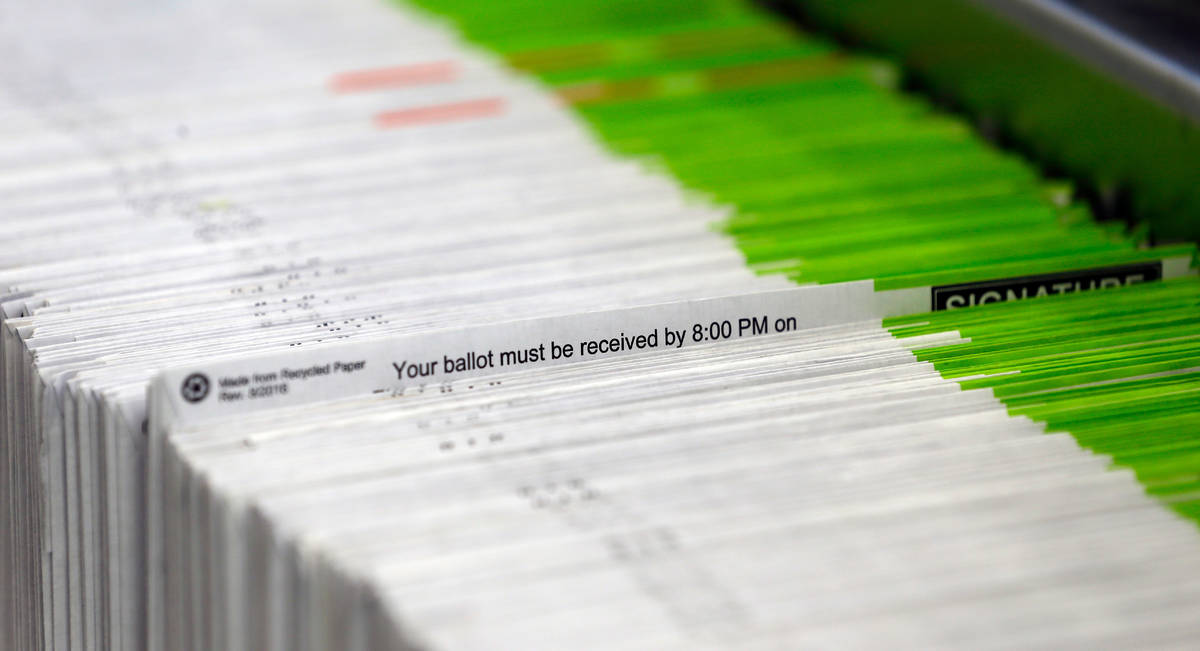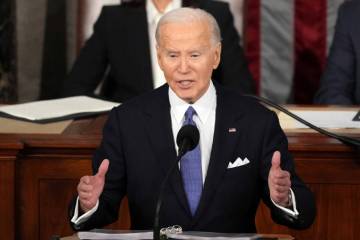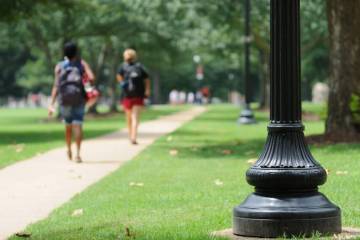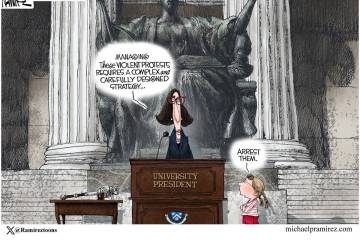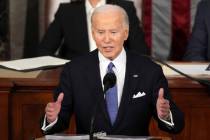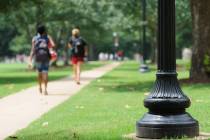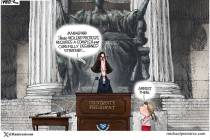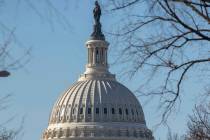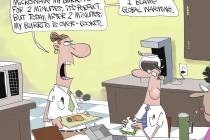IN RESPONSE: Let’s not pretend mail-in voting is foolproof
I read with great interest Steve Sebelius’s Aug. 30 column, “Fighting myths about Nevada’s election rules.” Mr. Sebelius suggests that many of the claims of potential fraud inherent in Nevada’s mail-in ballot legislation (Assembly Bill 4) are simply not true.
The crux of his argument is: 1) that there are criminal statutes against fraudulent ballot tampering (such as “harvesting”); 2) signatures are “verified” by election officials; and 3) the system is set up to prevent other types of ballot chicanery such as attempting to vote twice and other deception.
I am sure that Mr. Sebelius is well aware that we have hundreds of criminal statutes in Nevada. Their existence does not stop criminal or civil misconduct. Case in point, it is against the law to drive and text in Nevada. I would guess 90 percent of drivers ignore the law. It is a fact that the jails are full, the courts are backed up and the police are busy. For Mr. Sebelius to suggest that criminal laws will stop voter fraud is, at best, wishful thinking and, at worst, naive.
As for signature “verification,” who will do it? Do election officials really have the training and ability to tell if a signature is authentic? The answer is no. They can certainly guess, but it’s doubtful an election clerk will be able to detect a forged signature (possibly by a professional) with any degree of certainty.
Thirdly, Mr. Sebelius suggests that the “system” will weed out other attempts at voter fraud. Since 2000 (and probably before) election/voting systems all over the United States have been taxed and tested — in many cases beyond their capabilities with hanging chads, voting machine malfunction, discovery of missing ballots etc. Although our election officials do a good job with what they have, to add mail-voter fraud to their list of responsibilities is asking too much.
I would imagine that Mr. Sebelius would extend his “fraud myth” to every state in the union that has requirements similar to those in Nevada. If so, the U.S. Postal Service will handle more than 150 million ballots that will be mailed to all registered voters, most alive, some dead. Others will go to cats, dogs, children and to those who have moved and left no forwarding address. The list goes on. The election will be a catastrophe with perhaps no clear winner until long after Nov. 3, if ever. There will be lawsuits coming out of the woodwork, and the Supreme Court might, once again, have to intervene.
The solution is not to put our heads in the sand and pretend that the mail-in ballot system is essentially foolproof, because it isn’t. The logical thing to do is extend early voting by two or three weeks, allow those who don’t want to vote in person to request a mail-in absentee ballot and let everyone else stand in line for a few minutes, in person, to cast their vote as we did for decades before the pandemic. We stand in line at the grocery store, home improvement centers and casinos. We allow hundreds of people to protest, and we can buy marijuana. Certainly, in order to ensure the integrity of the upcoming election, it is imperative that we limit participation to absentee or in-person voting and eliminate the concept of mass mailings.
If we don’t, trouble is brewing — and everyone knows it.
James Armstrong writes from Las Vegas.



